 W
WVladimir Alexandrovich Antonov-Ovseenko, real surname Ovseenko, party aliases the 'Bayonet' (Штык) and 'Nikita' (Ники́та), a literary pseudonym A. Gal, was a prominent Ukrainian Bolshevik leader, Soviet statesman and diplomat.
 W
WAndrei Sergeyevich Bubnov was a Russian Bolshevik revolutionary leader, one of Bolshevik leaders in Ukraine, Soviet politician and military leader and member of the Left Opposition.
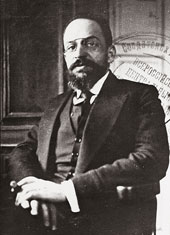 W
WAdolph Abramovich Joffe was a Russian revolutionary, a Bolshevik politician and a Soviet diplomat of Karaite descent.
 W
WStanisław Vikentyevich Kosior, sometimes spelled Kossior, was First Secretary of the Communist Party of Ukraine, deputy prime minister of the USSR and member of the Politburo of the Communist Party of the Soviet Union (CPSU).
 W
WNikolay Nikolayevich Krestinsky was a Russian Bolshevik revolutionary and Soviet politician who served as the Responsible Secretary of the Russian Communist Party (b).
 W
WIllarion Vissarionovich Mgeladze was a Georgian Marxist revolutionary, writer, literary critic and journalist active in the Russian Social Democratic Labour Party and later the Soviet Union. He was a member of the Left Opposition and was expelled from the All-Union Communist Party (b) in 1927. He recanted in 1929 and was readmitted to the party, only to be expelled again in 1935. Sentenced to ten years imprisonment and was shot in 1941.
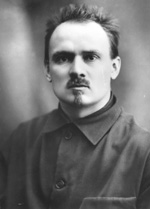 W
WGeorgy Ippolitovich Oppokov was a prominent Bolshevik leader, Soviet politician and the first People's Commissar for Justice of Soviet Russia.
 W
WVitovt Kazimirovich Putna was a Soviet Red Army officer of Lithuanian origin.
 W
WGeorgy (Yury) Leonidovich Pyatakov was a leader of the Bolsheviks and a politician during the Russian Revolution.
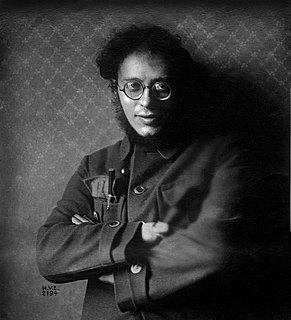 W
WKarl Berngardovich Radek was a Marxist active in the Polish and German social democratic movements before World War I and an international Communist leader in the Soviet Union after the Russian Revolution.
 W
WChristian Georgievich Rakovsky was a Bulgarian-born socialist revolutionary, a Bolshevik politician and Soviet diplomat and statesman; he was also noted as a journalist, physician, and essayist. Rakovsky's political career took him throughout the Balkans and into France and Imperial Russia; for part of his life, he was also a Romanian citizen.
 W
WGeorgy Ivanovich Safarov was a Bolshevik revolutionary and politician who was a participant in the Russian Revolution and the Russian Civil War, and a participant in the executions of the Romanovs in Yekaterinburg and Alapayevsk. Later associated with Grigory Zinoviev's New Opposition and Leon Trotsky's United Opposition, he was secretly communicating with Trotsky in late 1932 about entering his bloc. He was purged from the Communist Party, and was later imprisoned in Vorkuta in 1937, after which he served as an NKVD informant. He was ultimately executed on 27 July 1942 by a Special Collegium of the NKVD. He is one of the only victims of Joseph Stalin's purges that was not posthumously rehabilitated or reinstated to the party after his death.
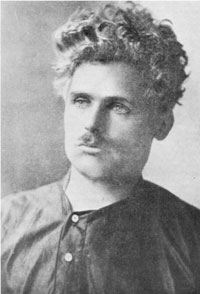 W
WTimofei Vladimirovich Sapronov was a Russian revolutionary, Old Bolshevik and socialist militant who was one of the leaders of the Left Opposition in the Communist Party of the Soviet Union.
 W
WLeonid Petrovich Serebryakov was a Russian Soviet politician and Bolshevik who became a victim of the Great Purge.
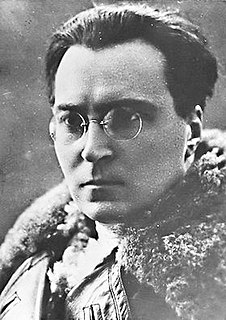 W
WVictor Serge, born Victor Lvovich Kibalchich, was a Russian revolutionary Marxist, novelist, poet and historian. Originally an anarchist, he joined the Bolsheviks five months after arriving in Petrograd in January 1919 and later worked for the Comintern as a journalist, editor and translator. He was critical of the Stalinist regime and remained a revolutionary Marxist until his death. He is best remembered for his Memoirs of a Revolutionary and series of seven "witness-novels" chronicling the lives of Soviet People and revolutionaries and of the first half of the 20th century.
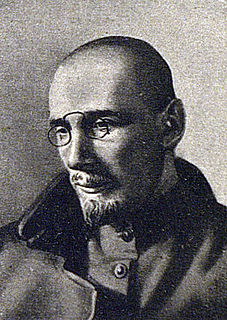 W
WIvar Tenisovich Smilga was a Bolshevik leader, Soviet politician and economist. He was a member of the Left Opposition in the Soviet Union.
 W
WVladimir Mikhailovich Smirnov was a Russian Communist revolutionary, member of the Bolshevik Party and Soviet statesman, where he advocated a militant and doctrinally pure line. He was a persistent critic of successive party leaders, including Vladimir Lenin and Joseph Stalin, for which he spent years in prison and exile before being executed.
 W
WAleksandr Konstantinovich Voronsky was a prominent humanist Marxist literary critic, theorist and editor of the 1920s, disfavored and purged in 1937 for his work with the Left Opposition and Leon Trotsky during and after the October Revolution. Voronsky's writings were hidden away in the Soviet Union, until his autobiography, Waters of Life and Death, and anthology, Art as the Cognition of Life were translated and published in English.
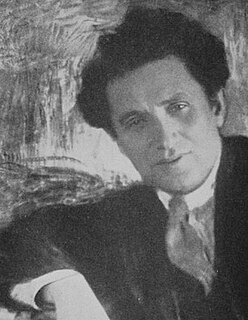 W
WGrigory Yevseyevich Zinoviev, known also under the name Ovsei-Gershon Aronovich Radomyslsky, was a Russian revolutionary and Soviet politician. He was an Old Bolshevik and a close associate of Vladimir Lenin. During the 1920s, Zinoviev was one of the most influential figures in the Soviet leadership and the chairman of the Communist International.
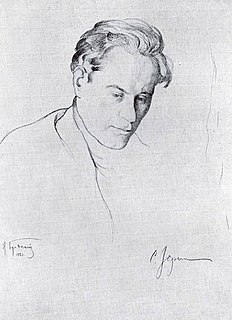 W
WSergey Semyonovich Zorin (1891–1937), was the party's First Secretary of the Leningrad City Committee, roughly equating to that of mayor. He held the position between November 1919 and February 1921. As such, he hosted the 2nd World Congress of the Comintern.